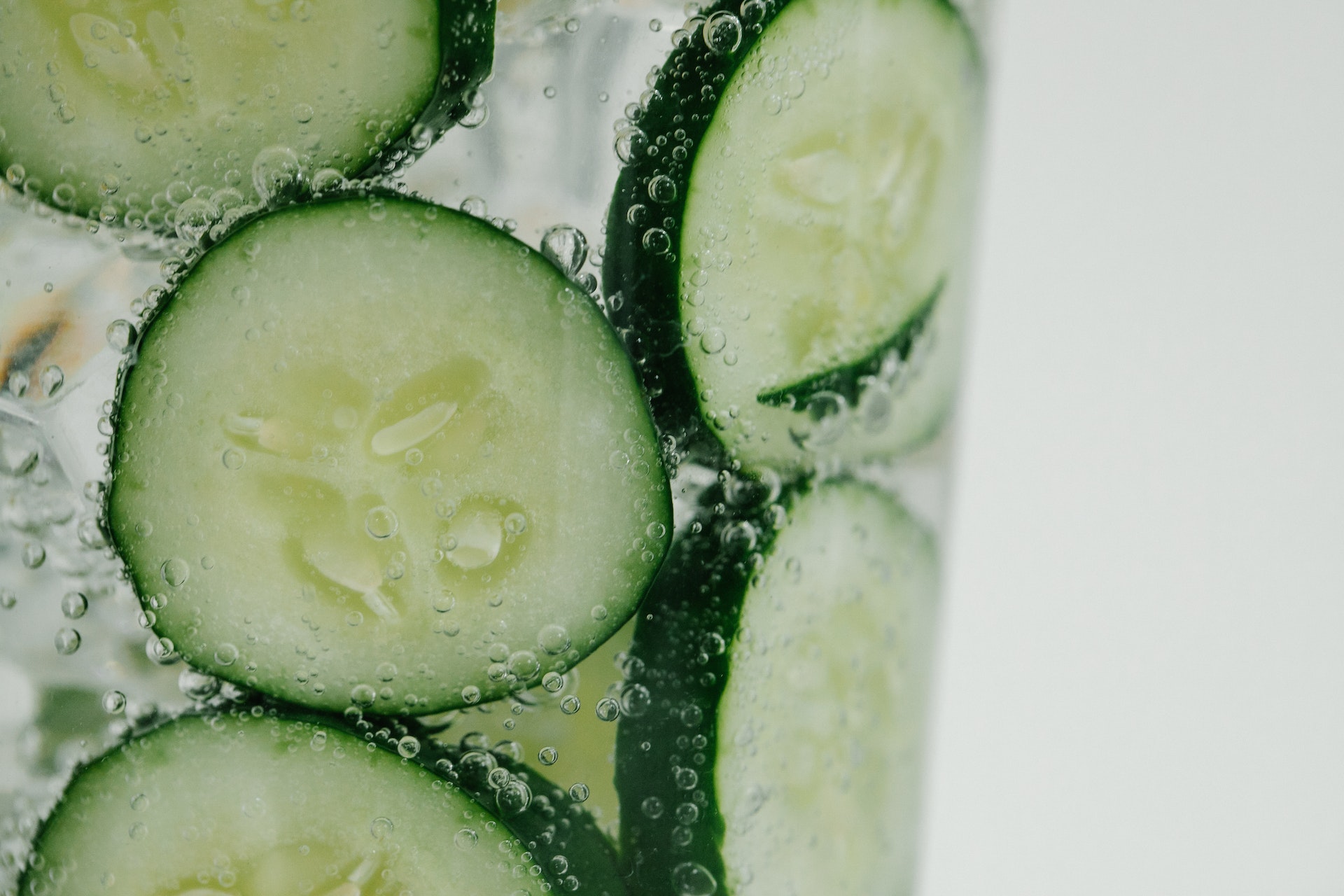Cucumbers and Kidney Health
When it comes to maintaining good health, our kidneys play a vital role in filtering waste and toxins from our bodies. For individuals with kidney disease, adopting a kidney-friendly diet becomes essential to support kidney function and overall well-being. Cucumbers are a popular and refreshing vegetable that often finds its way into salads, sandwiches, and even beverages. But are cucumbers good for kidney disease? In this article, we'll delve into the potential benefits of cucumbers for kidney health and offer some considerations for individuals with kidney conditions.
Cucumbers 101: A Nutritional Powerhouse
Before we dive into the specific impact of cucumbers on kidney health, let's understand the nutritional value of these crisp, green vegetables. Cucumbers are low in calories and fat, making them an excellent addition to any diet. They are rich in water content, which helps in maintaining hydration and supporting kidney function.
Cucumbers are a good source of several essential nutrients, including:
- Vitamin K: Essential for blood clotting and bone health.
- Vitamin C: An antioxidant that boosts the immune system.
- Potassium: Helps regulate blood pressure and supports muscle function.
- Magnesium: Aids in muscle and nerve function.
- Fiber: Promotes digestive health and aids in weight management.
- Cucumbers and Kidney Health: Potential Benefits
While cucumbers may not be a cure for kidney disease, they offer several potential benefits that can be advantageous for individuals with kidney conditions.
1. Hydration Support
Proper hydration is crucial for kidney health, as it helps in flushing out toxins and waste products from the body. Cucumbers, with their high water content (about 95% water), can contribute to your daily fluid intake and promote hydration.
2. Low in Potassium
Individuals with kidney disease often need to monitor their potassium intake, as high levels of potassium can be harmful to compromised kidneys. Cucumbers are naturally low in potassium, making them a kidney-friendly option for those on restricted potassium diets.
3. Low in Sodium
Too much sodium in the diet can lead to high blood pressure and strain on the kidneys. Cucumbers are naturally low in sodium, making them a suitable choice for individuals looking to reduce their sodium intake.
4. Antioxidant Properties
Cucumbers contain antioxidants, including vitamin C and beta-carotene, which help neutralize harmful free radicals in the body. Antioxidants play a role in reducing inflammation and oxidative stress, which may be beneficial for individuals with kidney disease.
5. Aids in Weight Management
Maintaining a healthy weight is essential for kidney health. Cucumbers are low in calories and high in fiber, which can help you feel full and satisfied without consuming excess calories, aiding in weight management.
Considerations for Kidney Patients
While cucumbers offer potential benefits for kidney health, individuals with kidney disease should also be aware of some considerations.
1. Moderation is Key
Although cucumbers are low in potassium and sodium, they are not entirely devoid of these minerals. Moderation is essential to avoid overloading the kidneys with any nutrients that they need to process. Always consult with a healthcare professional or a registered dietitian to determine the appropriate portion sizes for your specific dietary needs.
2. Check for Food Interactions
If you are on medications for kidney disease, it's crucial to be aware of any potential food interactions. While cucumbers are generally safe for most people, certain medications may interact with specific compounds in cucumbers. Consult your healthcare provider to ensure that cucumbers won't interfere with your prescribed treatment.
3. Embrace a Balanced Diet
While cucumbers can be a healthy addition to your diet, they should not replace a well-balanced and nutritious meal plan. A variety of fruits, vegetables, lean proteins, and whole grains are essential for overall health and kidney function.
Conclusion
Cucumbers are a refreshing and nutritious vegetable that can be a valuable addition to the diet of individuals with kidney disease. Their high water content, low potassium and sodium levels, and antioxidant properties make them a kidney-friendly option.
However, as with any dietary changes, it's crucial to consult with a healthcare professional or a registered dietitian before making significant adjustments to your diet. Embracing a balanced diet, staying hydrated, and following your healthcare provider's advice will contribute to better kidney health and overall well-being.
So go ahead, slice up some cucumbers, and enjoy the crisp goodness they bring to your meals. Your kidneys will thank you for it!
Remember: The information provided in this article is for informational purposes only and should not be considered as medical advice. Always consult with your healthcare provider or a registered dietitian for personalized dietary recommendations based on your individual health needs.


